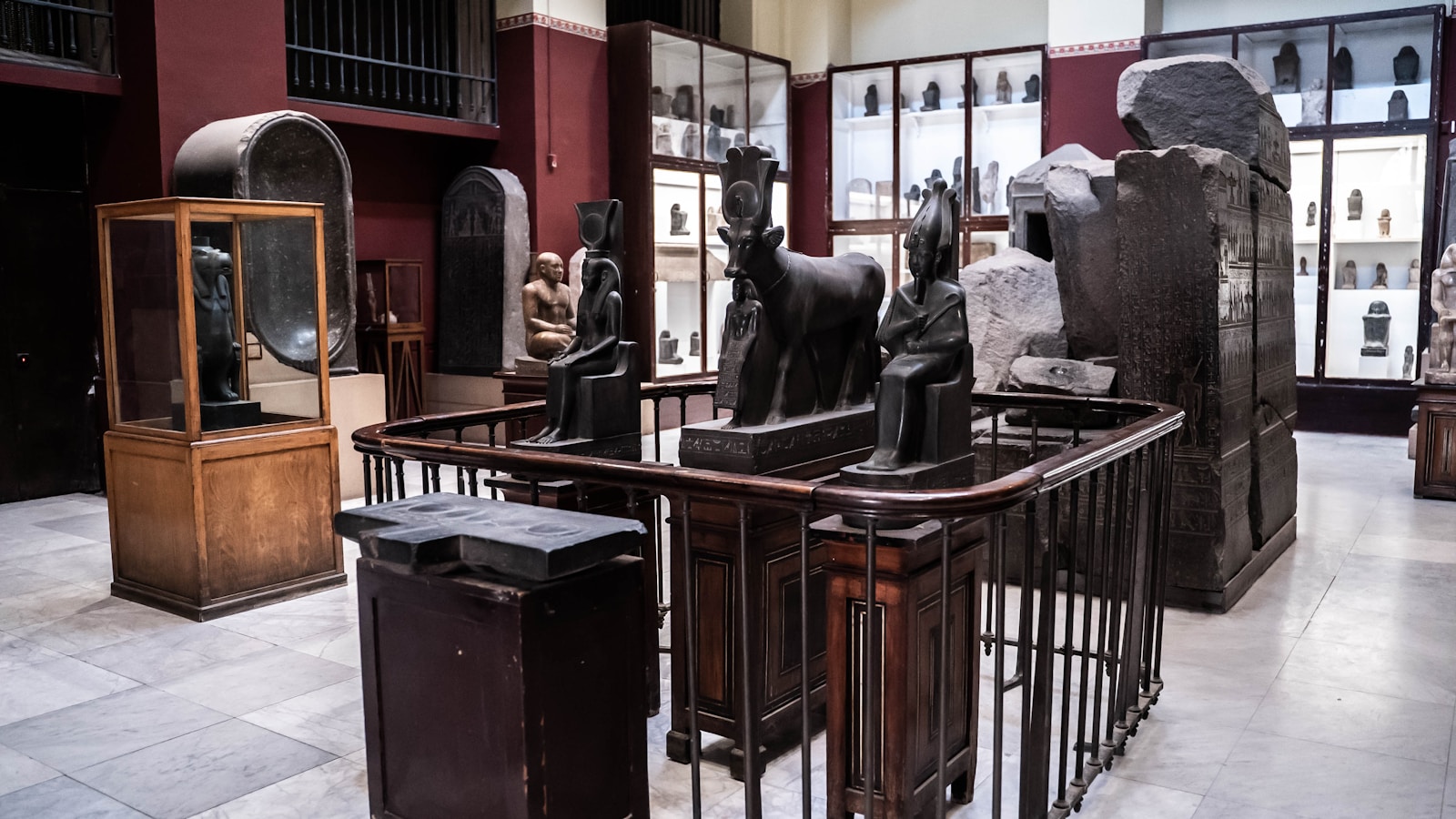
museo

museum
A 'Museo' is a building or institution where objects of historical, scientific, artistic, or cultural interest are stored and exhibited.
Example sentences using: museo
Voy a visitar el museo mañana.

I'm going to visit the museum tomorrow.
This is a simple future tense sentence about a planned event. In Spanish, this is conveyed using the verb 'voy', which translates to 'I'm going', followed by 'a', meaning 'to', and then the infinitive verb 'visitar', which means 'to visit'. 'Museo' is Spanish for 'museum'.
El Museo del Prado está en Madrid.

The Prado Museum is in Madrid.
This is a simple statement about the location of a specific museum. The phrase uses the verb 'está', which is a form of 'estar' used for location and temporary conditions.
El museo está cerrado los lunes.

The museum is closed on Mondays.
This phrase indicates the operating schedule of a museum. 'Cerrado' means closed, and 'los lunes' means on Mondays.
¿Dónde está el museo?

Where is the museum?
This is a basic question about the location of a museum. '¿Dónde está...?' is the Spanish equivalent of 'Where is...?'
El museo tiene muchas exhibiciones interesantes.

The museum has many interesting exhibitions.
None
Compré una entrada para el museo.

I bought a ticket for the museum.
Here, the action of purchasing a ticket for the museum is described using the past tense verb 'compré', which means 'I bought'. 'Entrada' is Spanish for 'ticket'.
Mi hijo le encanta el museo.

My son loves the museum.
'Le encanta' is a commonly used phrase to express a high level of liking or loving for something or someone. Interestingly, Spanish uses indirect object pronouns like 'le' in these contexts where English uses a subject pronoun.
El museo abre a las diez.

The museum opens at ten.
This is a simple statement about the museum's opening time. 'Abre' is used to indicate 'it opens', and 'a las diez' means 'at ten'.
Creo que el museo es muy educativo.

I think the museum is very educational.
This is a sentence expressing an opinion about the museum. 'Creo que' means 'I think that', and 'educativo' translates to 'educational'.
El museo está lleno de historia.

The museum is full of history.
This sentence is a metaphorical way of saying that the museum contains a lot of items or exhibits from the past. 'Está lleno de' means 'it's full of', and 'historia' is Spanish for 'history'.